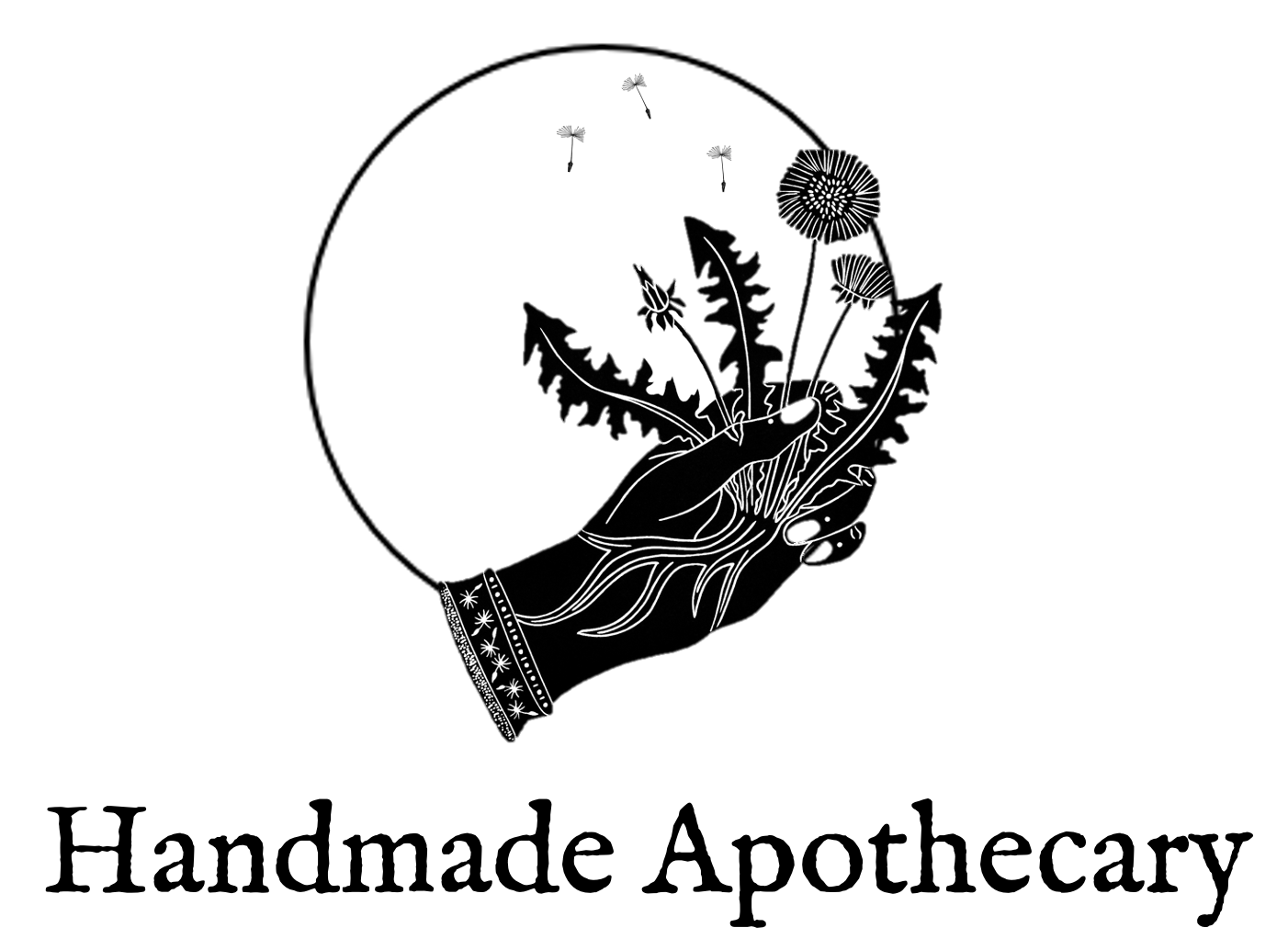SCIENTIFIC NAME: Melissa officinalis; Lamiaceae (Mint famil)
COMMON NAMES Lemon Balm, Bee Balm, Balm
PARTS USED Leaves.
ACTIONS Nervine, carminative, mood-lifting, diaphoretic, hypotensive, antiviral.
INDICATIONS Cold sores, anxiety, panic attacks, low mood, high blood pressure, colds, flu, shingles.
DESCRIPTION A bushy perennial of the mint family, reaching a height of up to 1m. Leaves are bright green, opposite, toothed and lemon-scented. The stems are square. Lemon Balm’s two-lipped flowers are white and grow in whorls from the leaf axis.
USES The Latin name ‘Melissa’ derives from the Greek ‘mel’ meaning honey or bee. When crushed or rubbed between the fingers, the leaves of lemon balm release a delightful, floral-lemony scent that bees and humans alike are drawn to.
The heavenly smell of lemon balm comes from its content of volatile oils, which are responsible for many
of its medicinal properties. These oils dissipate particularly quickly when lemon balm is dried and so it is best to use
it fresh where possible. It can be made into syrups, tinctures or honeys, or frozen in ice cube trays to preserve its fresh lemon scent.
Being an aromatic plant, it acts as a carminative, relieving spasm in the digestive tract and dispersing wind. It is especially helpful for digestive problems that are exacerbated by stress or mood.
The calming effects of lemon balm extend to the nervous system, where it is used for anxiety and panic attacks, particularly where there is rapid heartbeat or palpitations. It may be added to herbal tea or tincture mixes for high blood pressure associated with stress. One of its more traditional uses was as a longevity herb. Paracelsus, a sixteenth-century physician, believed it would ‘revivify’ the tired and strengthen the brain. It is a great herb to use in exam stress or when a work deadline looms, as it aids concentration and soothes the mind without being overly sedating.
Lemon balm’s volatile oils are also highly antiviral and it can be used internally and externally. The infused oil can be applied to viral skin conditions such as shingles. A lip balm made from the infused oil (see recipe opposite) can help to prevent and lessen the duration of cold sores. Its antiviral effects, coupled with mild diaphoretic action, can help to bring down fever and infection in colds and flu.
Lemon balm and Alzheimers studies
Lemon balm has been studied for its effects on anxiety and brain function. A number of preliminary studies have shown it can reduce agitation and increases cognitive function in people suffering from Alzhiemer's and it may be of benefit for those with Alzheimer's Disease. Though it is not a cure, it may help support some patient symptoms. We have listed a few studies in the following links, but if you wish to seek herbal support, please seek the guidance of your GP and a qualified herbalist.*
“Plants with Traditional Uses and Activities, Relevant to the Management of Alzheimer’s Disease and Other Cognitive Disorders - Howes - 2003 - Phytotherapy Research - Wiley Online Library.” Accessed April 25, 2019. https://onlinelibrary.wiley.com/doi/epdf/10.1002/ptr.1280.
“Melissa Officinalis Extract in the Treatment of Patients with Mild to Moderate Alzheimer’s Disease: A Double Blind, Randomised, Placebo Controlled Trial | Journal of Neurology, Neurosurgery & Psychiatry.” Accessed April 25, 2019. https://jnnp.bmj.com/content/74/7/863.short.
“Modulation of Mood and Cognitive Performance Following Acute Administration of Melissa Officinalis (Lemon Balm) - ScienceDirect.” Accessed April 25, 2019. https://www.sciencedirect.com/science/article/pii/S0091305702007773.
*To find your local herbalist, try these registers:


